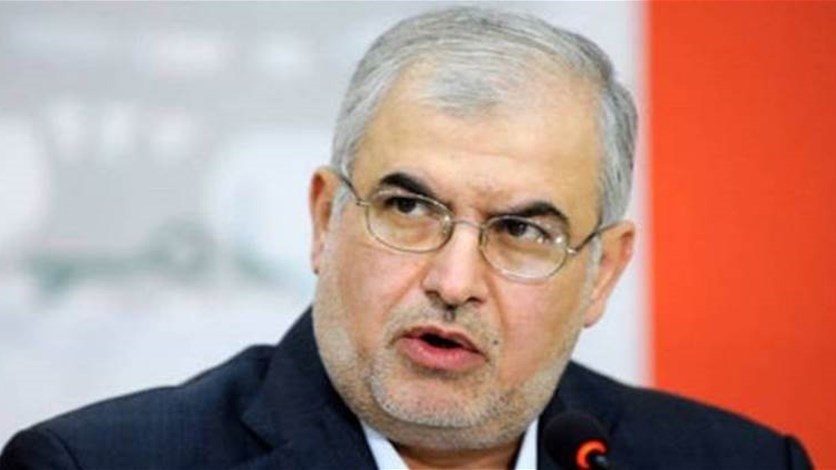Mohammad Raad, who heads Hezbollah’s parliamentary bloc, says that the “resistance” (a reference to Hezbollah) stood to the right of the authorities in Lebanon during the indirect negotiations they conducted with the “Israeli enemy” regarding the maritime demarcation borders.
Raad stated that Hezbollah’s goal was to strengthen Lebanon’s position in the negotiations, and thanks to this, the agreement on gas production in the Mediterranean Sea was reached.
“We are still delaying the publication of our final position regarding this understanding, even though we know its many details, and the reason is simple, which is that we do not trust this enemy or his masters,” he continued.
Raad emphasized that “the weapon of the resistance (Hezbollah) is the guarantee that the parties will not deviate from the content of the understandings and their essence… these understandings will not exist and will not last long unless we are strong.”
Israel’s security cabinet voted on Wednesday afternoon to back the maritime boundary deal with Lebanon, sending the tentative agreement to the full cabinet for ratification.
Interior Minister Ayelet Shaked voted against the agreement, while Alternate Prime Minister Naftali Bennett backed the agreement, even as he downplayed its significance.”
“This is neither a time for a victory lap nor for lamenting, as if this were some kind of catastrophe,” Bennett said. “This agreement is not a historic diplomatic victory, but at the same time it is not a terrible defeat. This is a necessary arrangement, made obligatory by the situation we are in, with problematic timing.”
“Unfortunately, even this meeting on an important security issue for Israel, based on strategic needs, was carried out with political considerations mixed in, from all sides. As someone with no political interests, I learned the subject in depth and I made my decision responsibly.”
Despite pressure from the opposition to bring the deal to a vote in the full Knesset, the government will only allow the Knesset to review the agreement, but without holding a vote on the matter.
On Thursday, Lebanese President Michel Aoun confirmed that the country has approved the US-mediated maritime border deal with Israel.
“This indirect agreement responds to Lebanese demands and maintains all our rights,” Aoun stated.
In his remarks, Aoun also thanked Hezbollah and said, “A double thank you to you, Lebanese men and women, because through your steadfastness, your stability, your resistance proved to be a factor of strength for Lebanon – you contributed to the strengthening of the Lebanese position in the negotiations and the conflict, and you accomplished this achievement for you and for future generations.”
Lapid hailed the maritime agreement with Lebanon as a “great achievement for the State of Israel, for Israel’s security and for Israel’s economy”.
Opposition leader Benjamin Netanyahu, meanwhile, accused the government of surrendering to Hezbollah.
World Israel News reported on Wednesday that after the cabinet approved the agreement, Prime Minister Yair Lapid said war with Hezbollah will be “less likely.”
In a press conference Wednesday evening, Lapid said, “Israel is not afraid of Hezbollah. The IDF is stronger than any terrorist organization. At the same time, if we can avoid a war, it is the job of any responsible government to do so.”
“Instead of war, the agreement gives Israeli citizens billions and energy security for the coming years,” claimed Lapid.
WIN also reported that on Wednesday morning, Lapid convened a meeting of the Security Cabinet to deliberate on the agreement, which cedes waters previously claimed by Israel to Lebanon, including part of the Qana offshore gas field.









